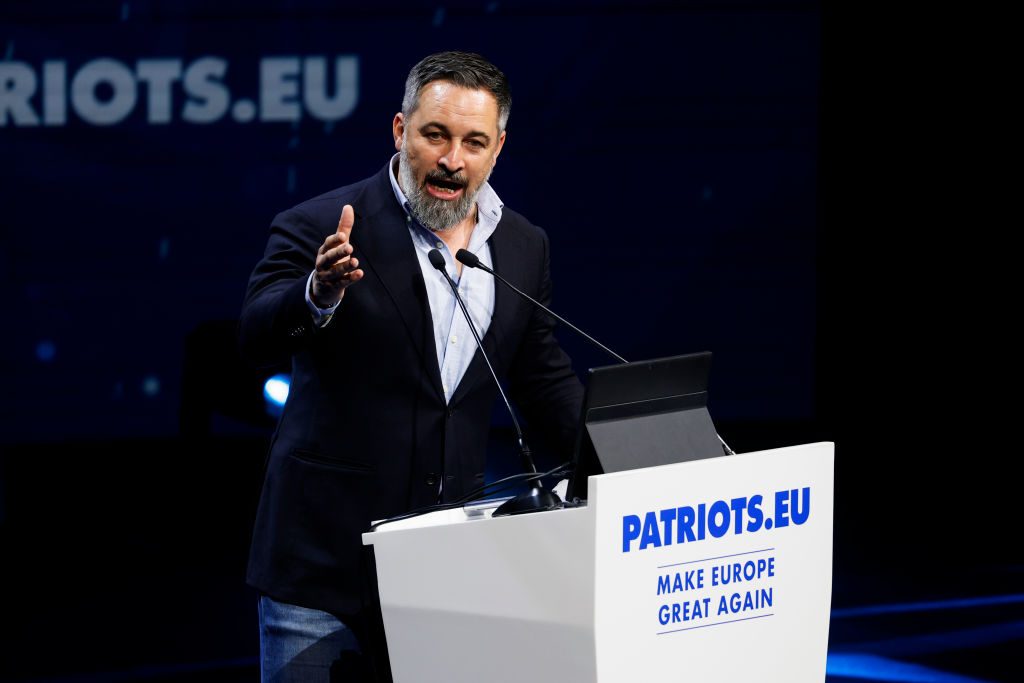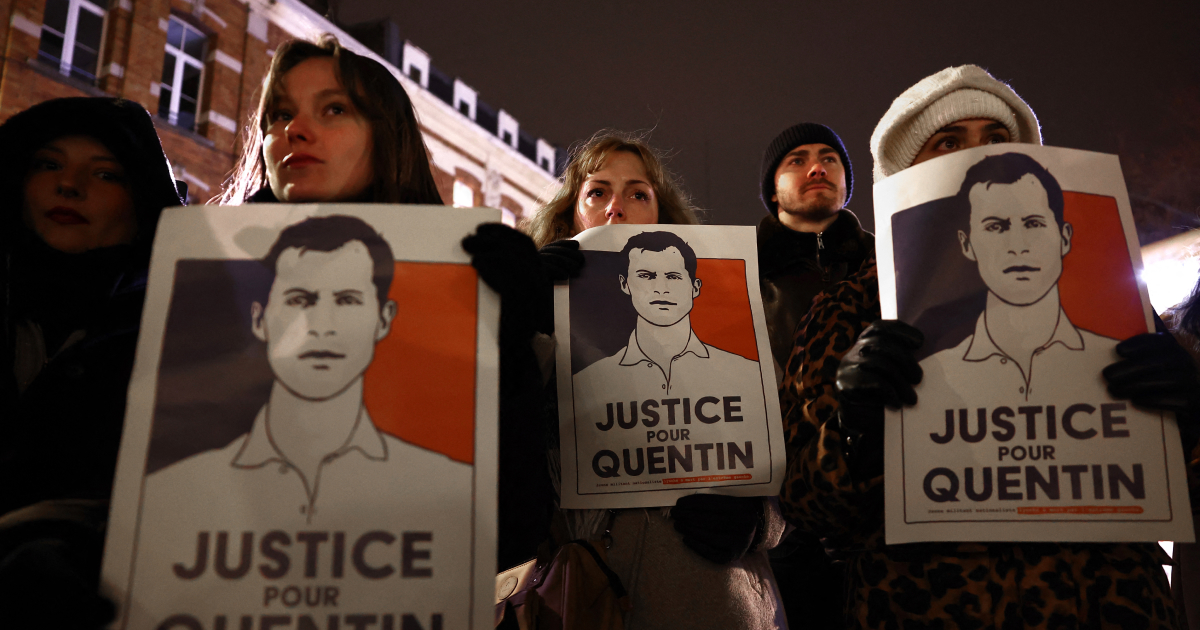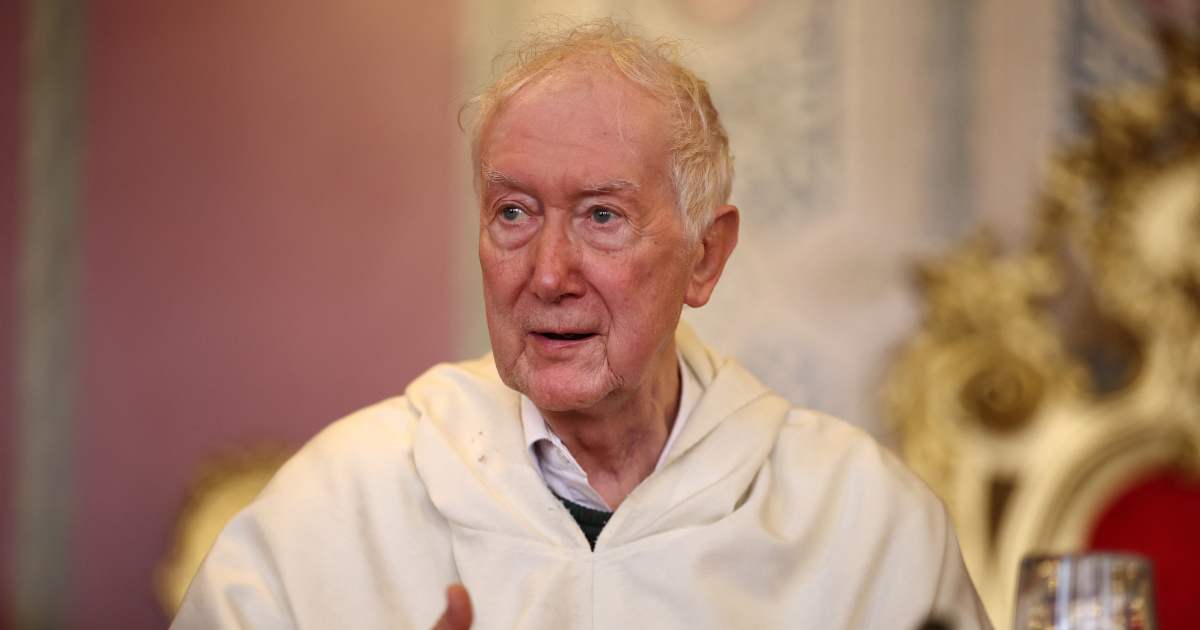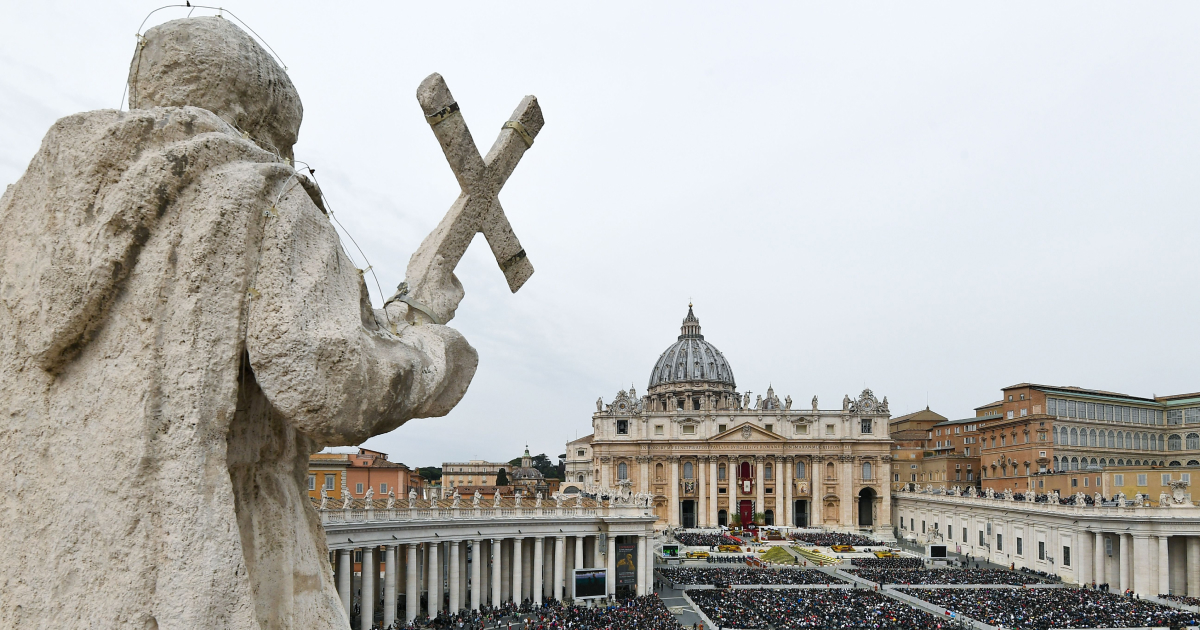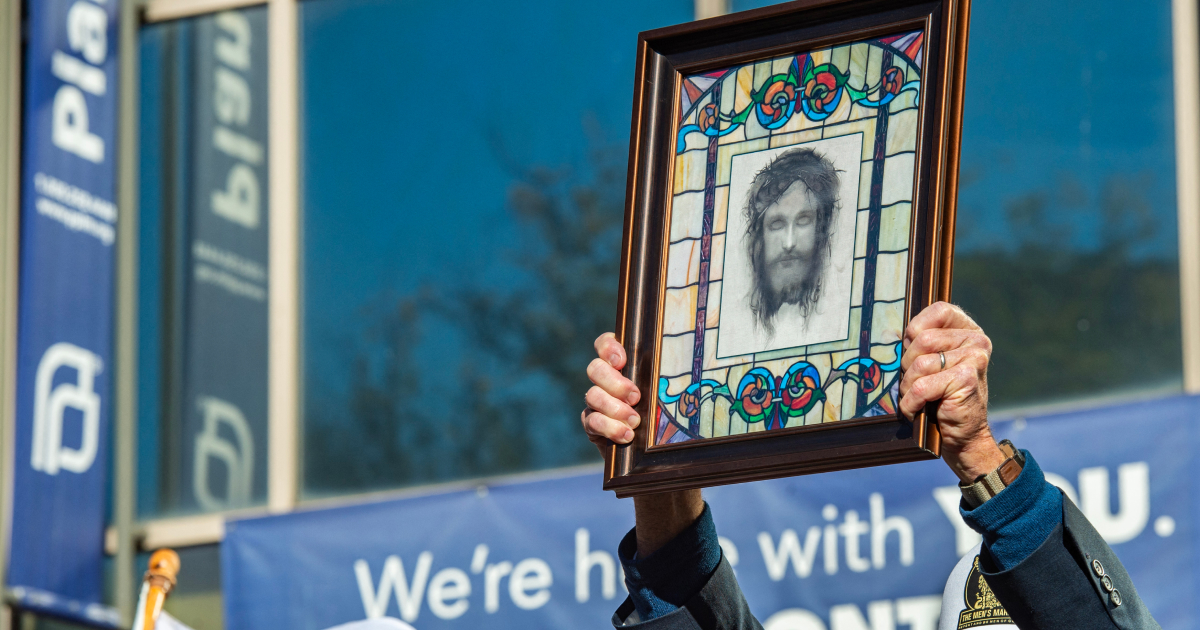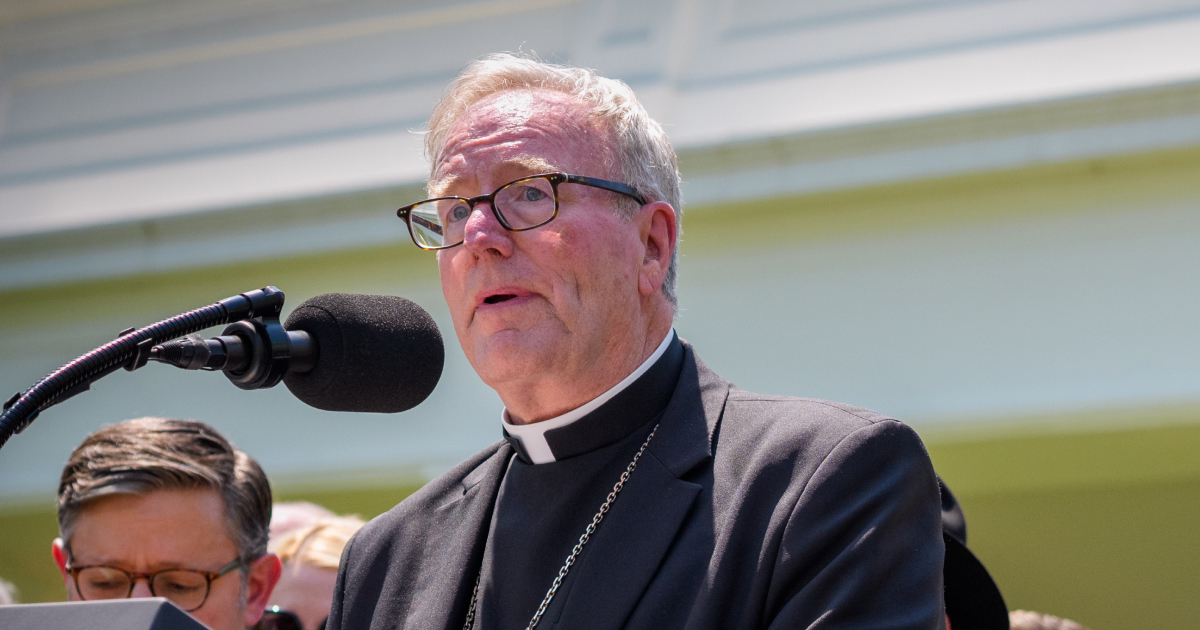The leader of Spain’s Vox party has criticised the country’s bishops of “weakness” and “silence” that he suggests may have been bought by government grants, while also of being “muzzled” by the fallout of the Church’s clerical sexual abuse crisis.
It follows a row that erupted after the 28 July decision by the Jumilla city council in the southeastern region of Murcia to pass a motion permitting restrictions on Islamic festivities in the city, reports the Rome-based Catholic news agency Crux.
The motion that was originally proposed by Vox, a populist party often referred to as far-right, initially called for an outright ban on Islam's Eid al-Adha festival, also known as the Feast of Sacrifice or the Festival of the Lamb, and “other similar commemorations alien to our traditions”. But this strictness was tempered by an amendment from the conservative Popular Party (PP) that controls the council.
The amended motion that was adopted by the city council in effect bans Muslims from using public facilities such as civic centres and gyms to celebrate the religious festivals Eid al-Fitr, which marks the end of Ramadan, and Eid al-Adha, reports the Guardian.
On 8 August, the Spanish Bishops’ Conference released a statement about the council's decision, saying that “imposing such restrictions for religious reasons constitutes discrimination that has no place in democratic societies”.
It added: “Limiting these rights violates the fundamental rights of every human being, and it affects not just one religious group but all religious denominations, as well as nonbelievers."
The Spanish bishops argue that both Spain's constitution and the Declaration of Human Rights enshrine religious freedom in the country.
Santiago Abascal, leader of Vox, hit back when speaking on the YouTube channel Bipartidismo Stream. He criticised the Spanish ecclesial hierarchy not just over the Jumilla case, but also for their overall position on immigration, as well as for their silence on what he called “advancing Islamist extremism” and for the Church’s role in the recent controversy surrounding Franco-related symbols in the Valley of the Fallen, Crux reports
“I don’t know what this is due to. I don’t know if it’s due to the public revenue the Church receives, which makes it difficult for it to combat certain government policies,” Abascal said.
“I don’t know if this weakness or this silence refers to the revenue received as a result of the system of aid for illegal immigration, where probably not all the money goes to those supposedly needy people but also to the support of structures of the Church."
His comments echoed those made by JD Vance earlier this year when the US Vice-President claimed that criticism by the US bishops’ conference of Trump’s immigration policies could be motivated by money related to the US Church's involvement with immigrants and related support programs.
Abascal added: “I don’t know if it has to do with the cases of pedophilia within the Church, which have left it absolutely muzzled by the actions of certain [progressive] governments that go against our identity, even against religious freedom and faith in many cases. I don’t know why, but I am perplexed by these positions.”
The Church in Spain is currently fighting a tense and public battle with the Spanish government over how best to compensate victims of clerical sexual abuse, Crux notes.
It adds that this is the first time that Abascal has criticised the country's episcopal hierarchy in such a stark and public fashion, noting that the Vox leader is aware that many of those who vote for and support his party are Catholic.
Previously, Abascal criticised Pope Francis regarding the pontiff’s stance on immigration, referring to him as “citizen Bergoglio”.
The motion in Jumilla stipulates that the council imposes regulations on the use of municipal sports facilities so that they are used “exclusively” for activities organised by the city council and “in no case for cultural, social or religious activities unrelated to the city council".
Furthermore, it also directs the “governing team to promote activities, campaigns and cultural proposals that defend our identity and protect traditional religious values and manifestations in Spain”.
Walid Habbal, coordinator of the Islamic Commission of the Region of Murcia, called the motion a “step backward” and said “the city council should have engaged in dialogue and sought alternatives, which is the most reasonable and intelligent thing to do, but that’s not how things are done, especially after Torre Pacheco”.
Torre Pacheco refers to anti-migrant riots that occurred during July in Murcia following the beating of an elderly man and the arrest of three men reportedly of North African origin.
In response to the Jumilla decree, on 10 August the Spanish government, currently led by Pedro Sanchez’s socialist PSOE party (Partido Socialista Obrero Español – Spanish Socialist Workers’ Party), ordered Jumilla officials to scrap the ban, describing it as a “discriminatory” measure that will impinge on the religious freedom of Muslims in the region (an estimated 146,000 Muslims live in Murcia).
The following day, 11 August, a central government representative said the council in Jumilla had a month to formally respond to Madrid’s request. The spokesperson added that if they didn’t respond, the government would explore other legal options.
Since it was founded in 2013 after a split from the PP, Vox has developed into a significant political force, becoming the third-largest party in the Congress of Deputies following the 2019 general election, when it won 52 seats.
Despite a decline in its parliamentary representation in the 2023 general election, losing 19 seats, it retained its position as the third-largest party, with roughly 3 million votes, and has maintained its influence in Spanish politics through its role in regional governments and its growing support among Catholic voters.
The party advocates for a unitary Spanish state and opposes separatist movements like Catalan independence. It promotes traditional values and pursues a hardline stance on immigration.
Photo: Santiago Abascal, leader of Spanish party VOX and president of Patriots for Europe, speaks during a Patriots for Europe rally at Marriott Auditorium Hotel, Madrid, Spain, 8 February 2025. (Photo by Pablo Blazquez Dominguez/Getty Images.)





